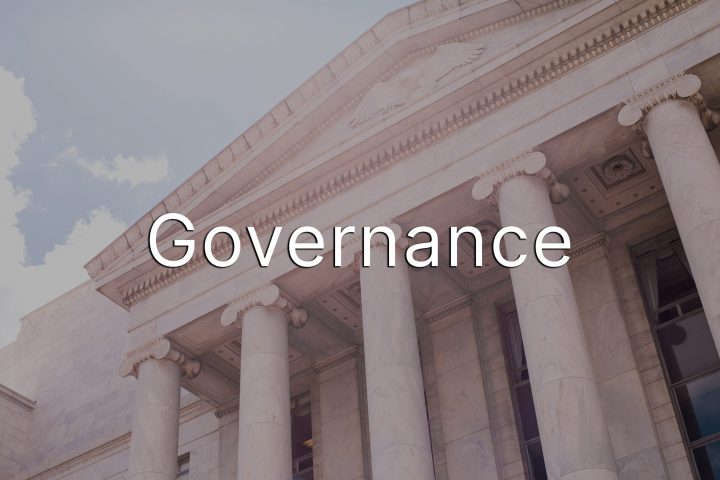
With ESG, we protect the earth for our future generations
What is ESG?
Environmental, Social, and Corporate Governance (ESG) data is defined as a benchmark or index that is directly related thus affected, with or within corporate tangible and intangible assets. ESG label or index has been endorsed and accepted by the world including the United States to disclose a company objective, including the key business activities relevant to environmental sustainability and social responsibility. Corporate governance also explores and ventilates around the area of interest within a company—it’s executive owner and shareholders, through various perspectives including rights, responsibilities, transparency, and power relation
Environment
Environmental criteria include the energy the company takes in and the waste it discharges, the resources it needs, and the consequences for living beings as a result. Not least, the Environment encompasses carbon emissions and climate change. Every company uses energy and resources; every company affects and is affected by, the environment

Social
Social criteria address the relationships the company has and the reputation it fosters with people and institutions in the communities where the company does business. Social includes labor relations and diversity and inclusion. Every company operates within a broader, diverse society

Governance
Governance is the internal system of practices, controls, and procedures the company adopts in order to govern itself, make effective decisions, comply with the law, and meet the needs of external stakeholders. Every company, which is itself a legal creation, requires governance


Airlangga Tower Lt. 11
Kampus B Universitas Airlangga
Jln. Airlangga 4-6, Surabaya.
No Telp. 081234826424
Email: products@esgi.ai
Event
Article
ⓒ ESGI CESGS UNAIR
